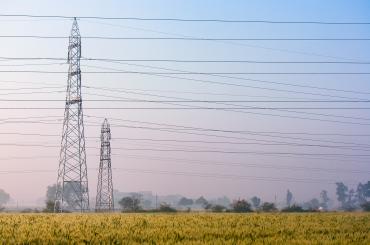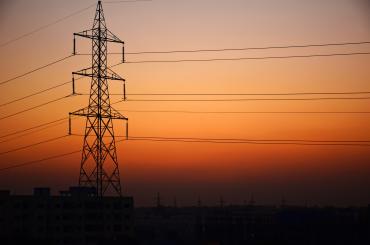
electricity
-

Power, politics, and welfare: The cost of corruption in Indian electricity
Political manipulation in India's electricity sector, involving illicit subsidies to constituents of the ruling party, results in staggering efficiency losses.
-

Electricity shortages and unemployment in Africa
Electricity outages have a significant negative effect on employment in Africa
-

Does rural electrification cause economic development?
The economic benefits of expanding electricity access likely do not outweigh the costs in small rural villages, but likely do in larger communities.
-

Electricity quality improvements: Evidence from infrastructure investments in the Kyrgyz Republic
Improving the quality of electricity services can increase electricity consumption through increased appliance ownership, but investments in energy efficiency may mitigate those effects
-

Market integration and the expansion of renewable energy: Evidence from Chile
Expanding electricity transmission lines reduces regional price disparities in electricity, boosts renewable energy, and lowers the overall cost of electricity
-

Energy efficiency and electricity reliability: Externality impacts of compact fluorescent lamps
Energy-efficient technologies can mean more reliable electricity supply for everyone served by the same infrastructure whether or not they adopt the technologies
-

The cost of power: Electricity pricing and firm output in India
Subsidies of household electricity prices in India come at the expense of firms, reducing both growth and output
-

Should electricity be a right? Evidence from India
A social norm in which people deserve access to electricity regardless of payment may actually be undermining efforts for universal access
-

Do India’s farmers use too much water?
Rationing electricity supply limits farmers’ water use to a nearly efficient level on average, but also lowers agricultural productivity